AARP Hearing Center

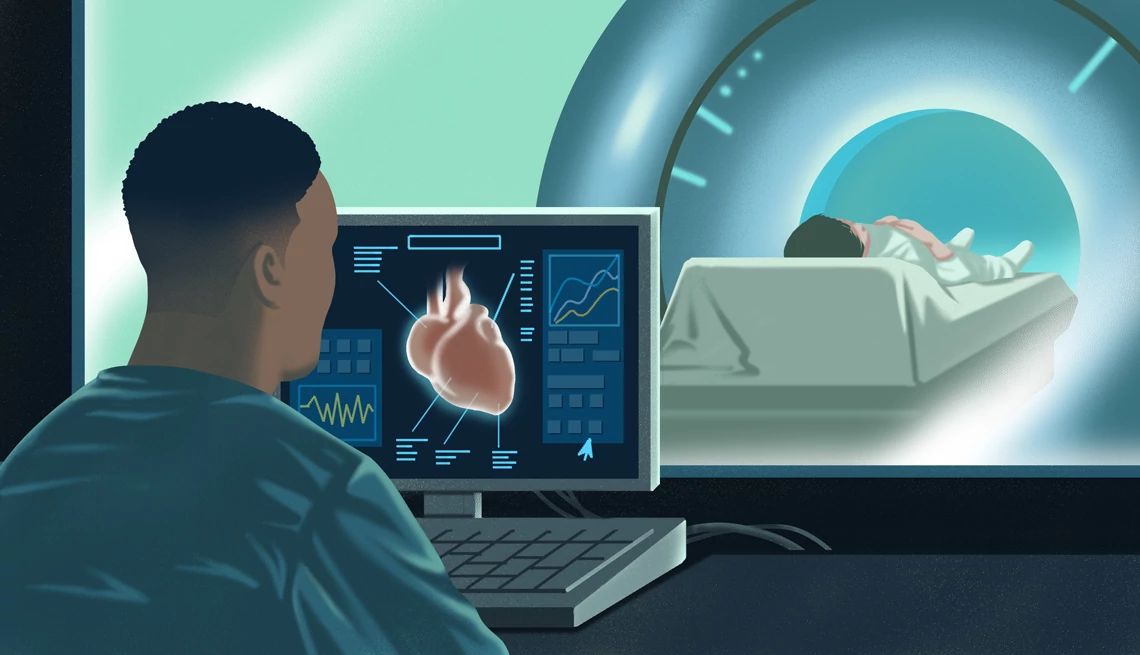
Damini Dey loves biking the roller-coaster mountain trails around Los Angeles. But in the spring of 2024, she had chest pains and shortness of breath on steep climbs.
“It was a little worrisome,” says Dey, an AI-based software developer.
Her cardiologist recommended cardiac computed tomography angiography (CCTA) — a scan that uses X-rays to look inside the heart for plaque and narrowed arteries.
The scan found calcified plaque in blood vessels in Dey’s heart, a common indicator of emerging atherosclerosis.

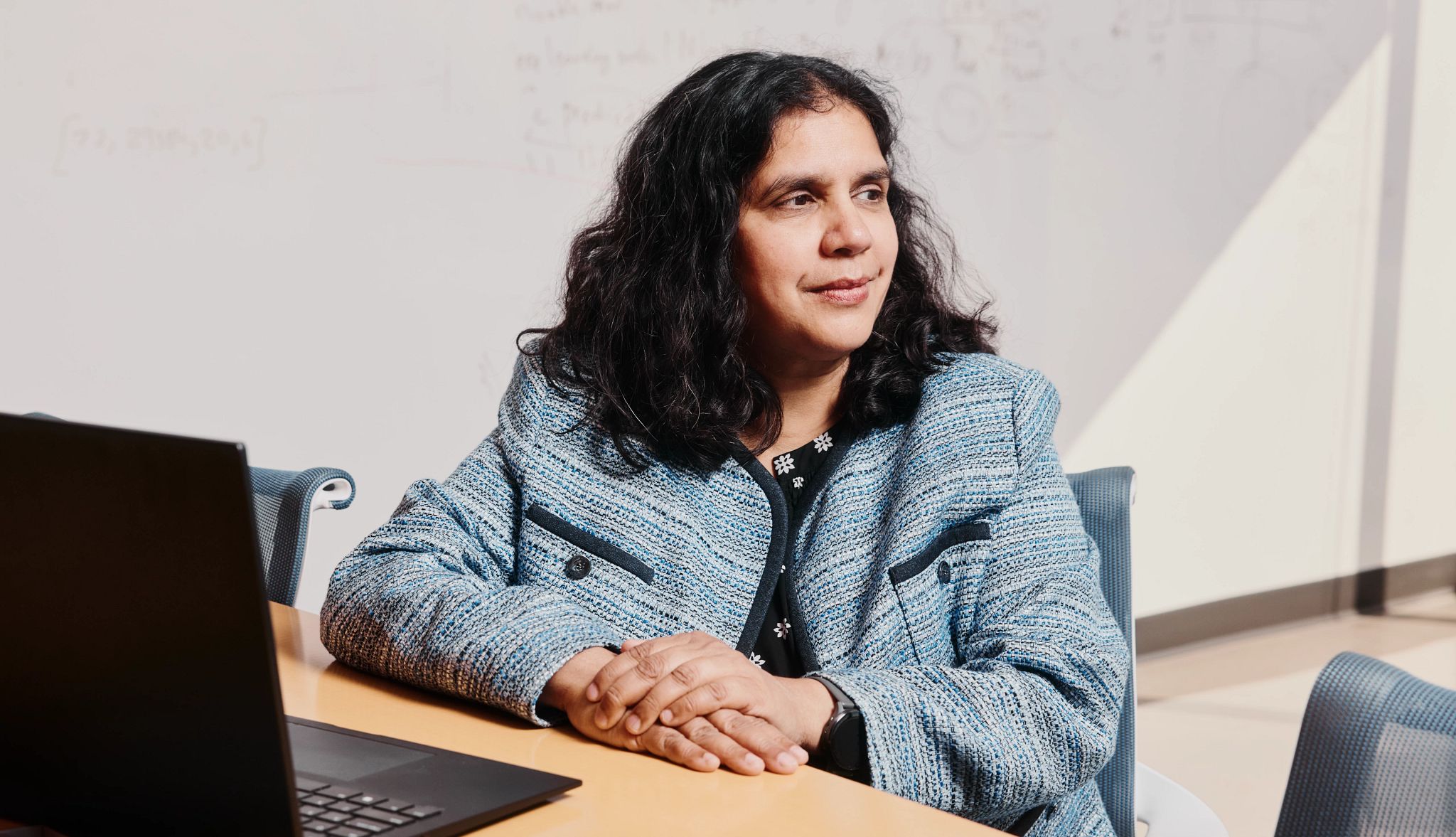
But when Dey, director of the quantitative image analysis program at Cedars-Sinai Medical Center in Los Angeles, rechecked her imaging using AI-enabled software developed in her lab, she found deposits of heart-threatening noncalcified plaque.
This dangerous gunk gets overlooked by most conventional readings of CCTA scans because it lacks a bright, easy-to-see shell of calcium, says Daniel Berman, M.D., director of cardiac imaging at Cedars-Sinai. That’s a problem, because noncalcified plaque often contains inflamed fat, which is prone to rupturing and triggering blood clots that can cause a heart attack, he says.
The results of the AI scan led Dey’s cardiologist to prescribe a cholesterol-lowering statin.
“With the plaque analysis enabled by AI, we were better able to treat her disease,” says Cedars-Sinai cardiologist Ronit Zadikany, M.D. The data also motivated Dey to eat healthier, she says, and get back on her mountain bike. “My LDL cholesterol is lower now, so I know what I’m doing is working.”

.jpg?crop=true&anchor=450,148&q=80&color=ffffffff&u=hg9ney&w=1228&h=706)
AI can turbocharge the effectiveness of heart-imaging tests, including CCTA, magnetic resonance imaging and ultrasound — the frontline scans that guide doctors in taking care of major heart problems. In studies from 2020 and 2024 by Dey and others, the AI software measured hazardous, hard-to-spot plaque in more than 1,600 patients — and found that those who had the most were three to five times more likely to have a heart attack than those with the least.


































































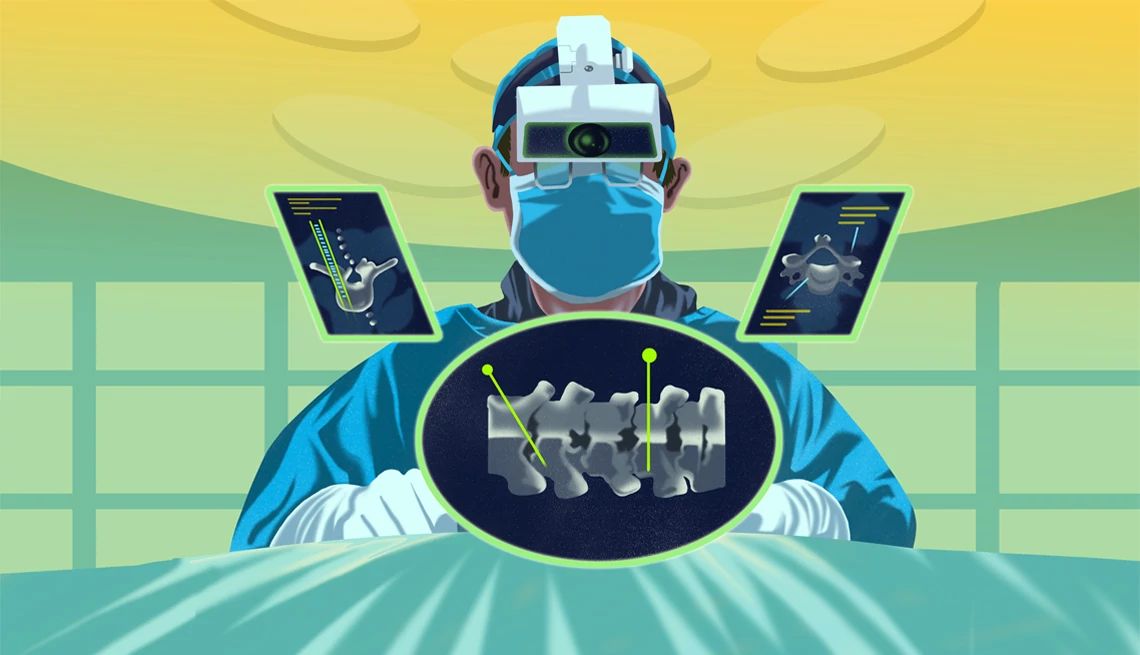
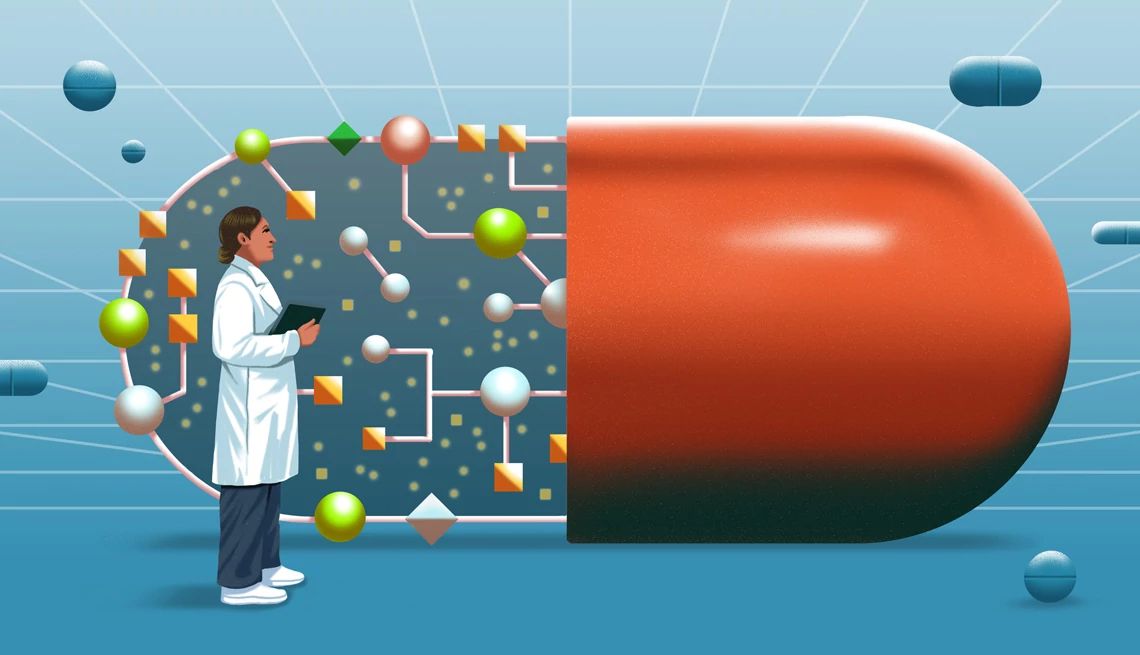
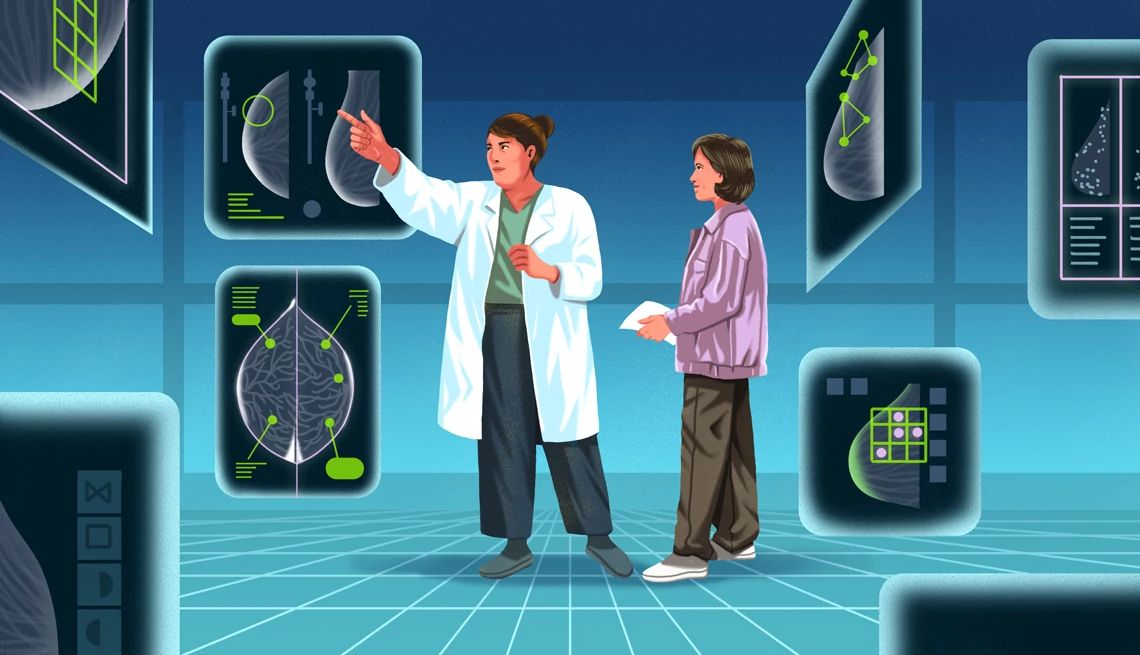

)
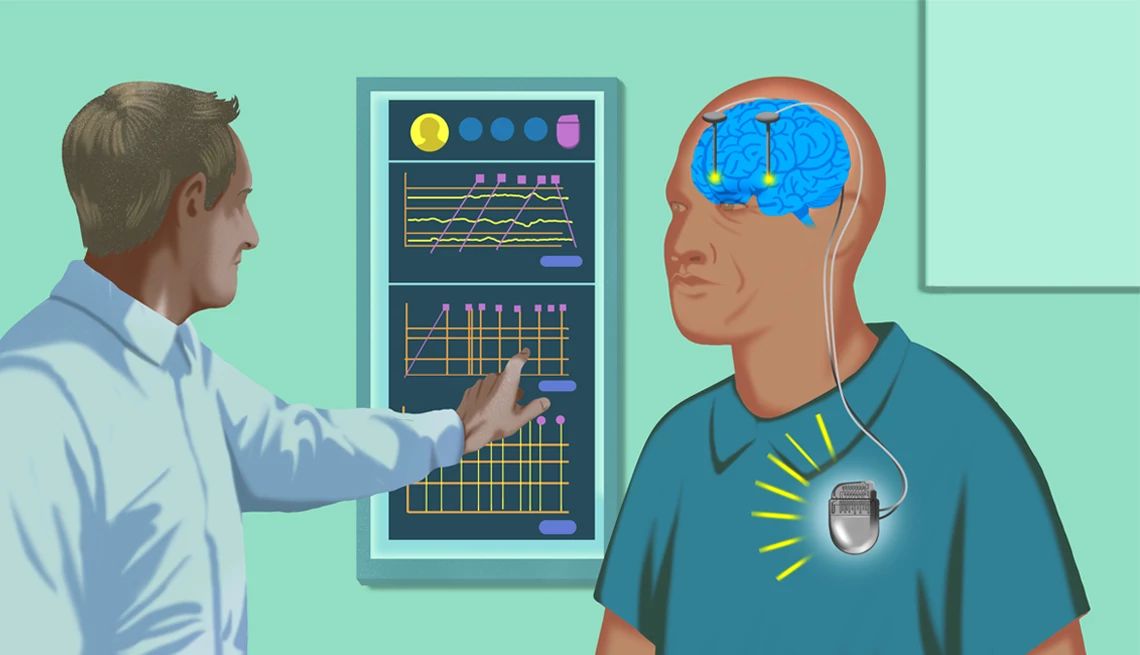
)




You Might Also Like
Heart-Smart Choices for a Healthier Day
Heart-healthy habits for every part of your dayHeart Health Secrets from a Cardiologist
Keep your ticker in great shape as you age
Understanding Heartbeat Flutters and Skips
Heartbeat flutters? Understand causes and when to see a doctor